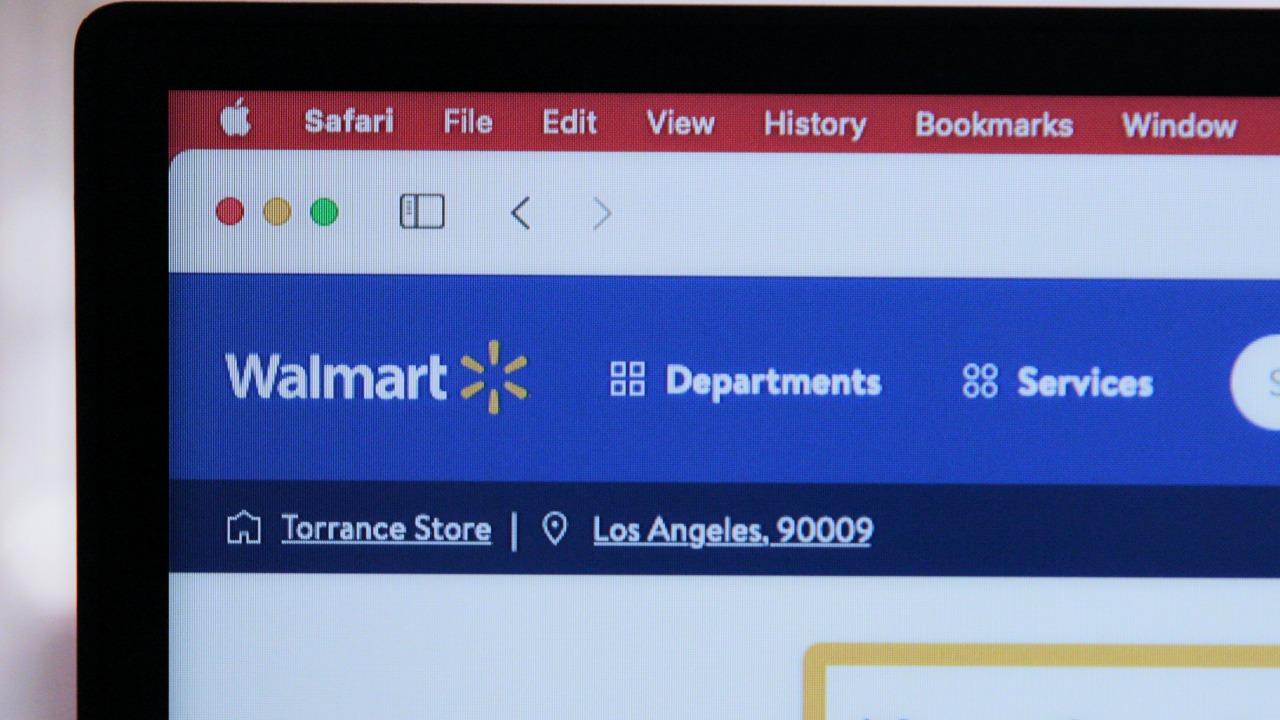
In a significant move towards integrating AI chatbots with e-commerce, Walmart and OpenAI have announced a partnership that will allow users to shop for Walmart products directly within ChatGPT. This collaboration aims to provide a seamless purchasing experience without leaving the ChatGPT interface, potentially revolutionizing how consumers interact with retail giants. The initiative is set to roll out soon, further expanding OpenAI’s commercial applications.
Partnership Details

The core agreement between Walmart and OpenAI focuses on integrating Walmart’s extensive product catalog into ChatGPT, enabling users to directly query and purchase items. This feature is expected to launch in the coming months following the October 2025 announcement, marking a significant milestone in the integration of AI and e-commerce [source].
Walmart executives have expressed their intent to enhance customer convenience through AI-driven shopping. The partnership with OpenAI is a strategic move towards achieving this goal, as it allows customers to shop more efficiently and intuitively [source].
How the Shopping Integration Works

Users of ChatGPT can ask for product recommendations and complete transactions via embedded Walmart links or APIs. The system is designed to handle real-time inventory checks and secure payment processing within the ChatGPT environment, ensuring a smooth and secure shopping experience [source].
For instance, a user could ask, “Find me a blue sweater under $30 at Walmart.” ChatGPT would then provide direct buy options based on the query, streamlining the shopping process and making it more user-friendly [source].
Benefits for Walmart Customers

This feature reduces friction in shopping by combining search, recommendations, and checkout in one AI interface. It also offers a personalized shopping experience, as ChatGPT can suggest Walmart items based on user history or preferences [source].
Moreover, customers could potentially enjoy perks like exclusive deals or faster delivery options prompted through ChatGPT interactions. This not only enhances the shopping experience but also adds value for the customer [source].
Broader Implications for Retail AI

Walmart’s move positions it against competitors like Amazon, which already has AI shopping tools. It also highlights OpenAI’s strategy in monetizing ChatGPT through enterprise partnerships, with Walmart serving as a key example [source].
Looking ahead, there could be potential expansions, such as integrating more Walmart services like curbside pickup via ChatGPT. This would further enhance the convenience and efficiency of shopping at Walmart [source].
Challenges and Privacy Considerations

While the integration of AI and e-commerce offers numerous benefits, it also raises concerns about data sharing between OpenAI and Walmart. User queries could potentially inform product targeting, raising privacy issues that need to be addressed.
Regulatory hurdles, such as compliance with e-commerce laws in the U.S. for AI-facilitated sales, also pose challenges [source]. Additionally, user adoption barriers, such as trust in AI for financial transactions, need to be overcome for the initiative to succeed [source].
Future Outlook for AI Shopping

Looking forward, this partnership could evolve to include voice-activated purchases through ChatGPT apps. Compared to similar integrations, Walmart has an edge due to its physical store connectivity, offering a unique blend of online and offline shopping experiences [source].
The market impact of this integration could be significant, potentially driving increased traffic to Walmart from AI users. As AI continues to permeate various aspects of our lives, its integration with shopping could redefine the retail landscape [source].